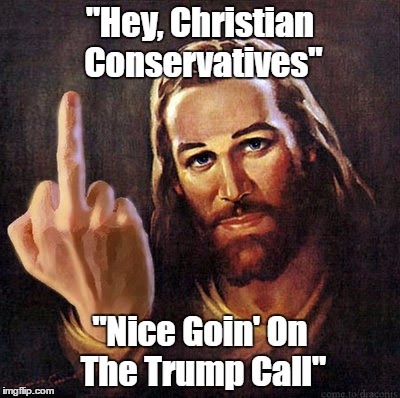
On Thursday, a fine spring day in Washington, D.C., Donald Trump took to the podium in the White House’s Rose Garden and announced that he was pulling the United States out of the Paris climate-change agreement. In doing so, he was ignoring the advice of his senior economic advisers, many of his fellow-businessmen, and, reportedly, his own daughter and son-in-law. Ivanka Trump was nowhere to be seen at the announcement event, but Steve Bannon, the President’s chief strategist, was strutting around. That was the tip-off for the sort of address that Trump was about to deliver.
On major occasions, Trump doesn’t do uplifting speeches: we know that by now. From the campaign stump to his remarks at the Republican Convention in Cleveland and his Inaugural Address, his big speeches have all been distinguished by their alarmism, fearmongering, and negativity. To be sure, he always promises to restore America to past glories, but that pledge is merely used as the coda to a jeremiad. His underlying theory of the case is always the same: the United States has been ripped off, exploited, and swindled.
In writing the speech that Trump delivered on Thursday, Bannon—or Stephen Miller, or whoever composed it—gave free rein to Trump’s maniacal, zero-sum view of the world. The Paris accord wasn’t portrayed as the well-meaning, nonbinding, and, in many ways, modest deal that Barack Obama agreed to join in 2015. Trump spoke of it as if it were an urgent threat to the economic livelihood of god-fearing Americans. “Therefore, in order to fulfill my solemn duty to protect America and its citizens, the United States will withdraw,” Trump said.
He could have left it there, but he didn’t. This was to be a lengthy repudiation of environmentalists, and a paean to the coal miners and other hardhats whom the globalists had trampled on. It was a blowback to those who thought, when Trump declined to pull the United States of out of nafta, that the globalists inside his Administration—the Gary Cohns and Rex Tillersons—had neutered the nationalistic America Firsters. And, above all, the speech was a “screw you” to the world beyond America’s borders—to the Macrons and Merkels who had pleaded with the President in vain not to take this step.
“The Paris climate accord,” Trump declared, “is simply the latest example of Washington entering into an agreement that disadvantages the United States, to the exclusive benefit of other countries, leaving American workers, who I love, and taxpayers to absorb the cost in terms of lost jobs, lower wages, shuttered factories, and vastly diminished economic production.”
He added, “The rest of the world applauded when we signed the Paris Agreement. They went wild. . . . For the simple reason that it put our country, the United States of America, which we all love, at a very, very big economic disadvantage. . . . The agreement is a massive redistribution of United States wealth to other countries.”
To back up this contentious argument, Trump cited a study that he said showed that entering the Paris Agreement would leave the U.S., by 2040, three trillion dollars poorer, and with 6.5 million fewer jobs. Of course, he didn’t mention the letter that he had received from twenty-five prominent C.E.O.s, which said, “As some of the largest companies operating in the United States, we strongly urge you to keep the United State in the Paris Agreement. . . . By expanding markets for innovative clean technologies, the agreement generates jobs and economic growth.”
The “massive redistribution” that Trump talked about is actually a common expression of intent by rich countries like the United States, which have been largely responsible for raising the carbon content in the atmosphere, to help subsidize clean-energy development in countries like India and Vietnam, which are now going through the sort of energy-intensive development that Western countries went through many decades ago. It’s a voluntary commitment, and it’s much smaller than most environmentalists believe is necessary to avoid a big spike in carbon emissions.
Trump didn’t mention these things, either. Instead, the Paris accord was described as the work of scheming foreigners, particularly the Europeans, and their domestic agents, the traitorous globalists. The agreement “handicaps the United States economy in order to win praise from the very foreign capitals and global activists that have long sought to gain wealth at our country’s expense,” Trump said. “The same nations asking us to stay in the agreement are the countries that have collectively cost America trillions of dollars through tough trade practices and, in many cases, lax contributions to our critical military alliance. You see what’s happening. It’s pretty obvious to those that want to keep an open mind.”
This was Trumpism in its full glory—the world as a conspiracy against its sole superpower, a country that accounts for a quarter of global G.D.P. and about forty per cent of global personal wealth. “At what point does America get demeaned?” Trump demanded, his voice rising. “At what point do they start laughing at us as a country?”
The answer is that the laughing stopped a good while back. What once seemed like a punch line—Donald Trump in the White House—is now an everyday reality that the rest of the world is trying to deal with. After this latest display of nihilism, it only seems more alarming.
No comments:
Post a Comment